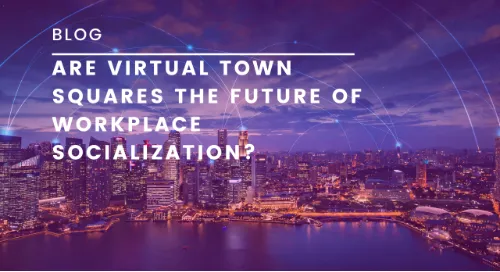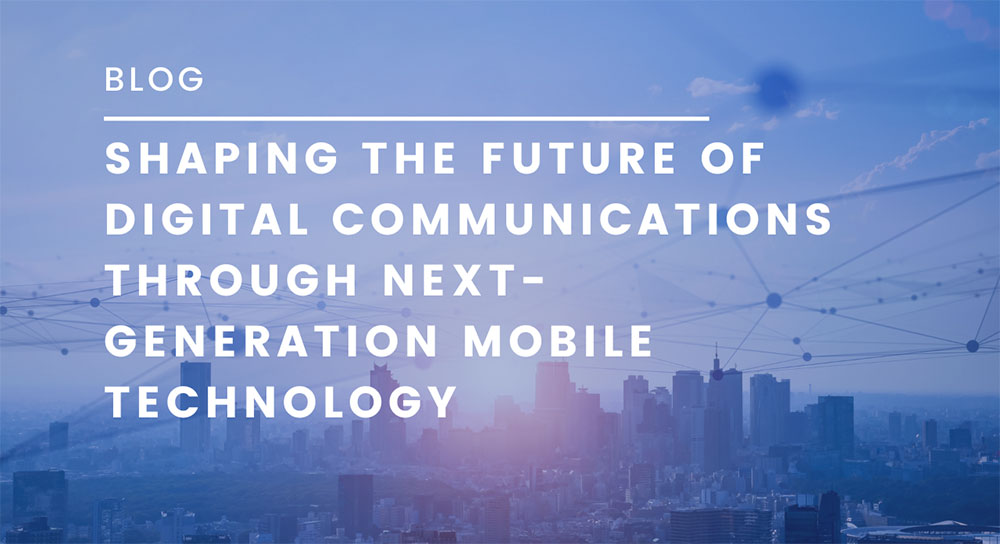
Are Virtual Town Squares the Future of Workplace Socialization?
Virtual and hybrid work environments have become significantly more common due to the COVID-19 pandemic. While there are numerous benefits to this type of work, including the flexibility and freedom that they provide, employees are also experiencing many downsides, particularly with the loss of communication and camaraderie that comes with working alongside colleagues in person. Specifically, younger employees, who rely on a community of peers to socialize with and the knowledge of mentors, are feeling disconnected from their companies. Meanwhile, businesses are experiencing a loss of easy-flowing information and ideas, stifling innovation.
Employee Disengagement Due to Virtual and Hybrid Work
According to a survey conducted by Newsweek, 36% of 2,000 respondents said they were quietly quitting their jobs due to disengagement caused by remote or hybrid work. There is also evidence to suggest that forming new relationships and growing existing ones can be exceedingly more challenging in a remote or hybrid environment.
Communication is also affected by virtual and hybrid work. In meetings, some of the best ideas may not be voiced due to the more dominant personalities of individuals in attendance. Previously, more introverted employees relied on informal communication in the workplace, for example during one-on-ones or during “water cooler” conversations, to convey information to their colleagues. Existing communication streams that contributed to innovation throughout corporations have been heavily diminished due to virtual and hybrid work.
While many businesses have incorporated some solutions to these challenges, including in-person trips, cocktail hours, and regular check-ins with employees to ensure their well-being, the loss of natural spontaneous and serendipitous encounters has reduced innovation and creativity throughout enterprises. When working in an office environment, employees could bump into each other in the hallway or break room and have impromptu conversations that led to new ideas or solutions. However, in a virtual or hybrid environment, these chance encounters are less likely to happen, and employees may miss out on valuable opportunities to collaborate and innovate.
Overcoming the Challenges of Virtual and Hybrid Work Environments
Many organizations are exploring various practices and tools to help employees experience direct collaboration with their fellow coworkers while retaining the important virtual and hybrid work environment flexibility established during the pandemic. Radisys’ Impromptu solution enables more informal methods of establishing connections and communication between employees, driving business innovation in an increasingly virtual world.
While many existing communication platforms consist of a mashup of different solutions aimed to connect employees through meetings and establish additional business needs, Impromptu addresses this lack of informal communication head-on in a more purpose-built way by establishing informal workplace socialization opportunities. By providing employees with the capability to start spontaneous virtual conversations directly with their colleagues, Impromptu cultivates a sense of community by connecting employees across the organization, flattening the communication hierarchy, and enabling a more free-flowing method of communication.
While there are certainly downsides to virtual and hybrid work, companies can make strides within their organization to mitigate these challenges and create a more engaging and productive work environment. For a deeper look into this issue, listen to Episode 2 of Radisys’ Let’s Engage podcast.
To learn more about Radisys’ Impromptu, visit impromptu.radisys.com



